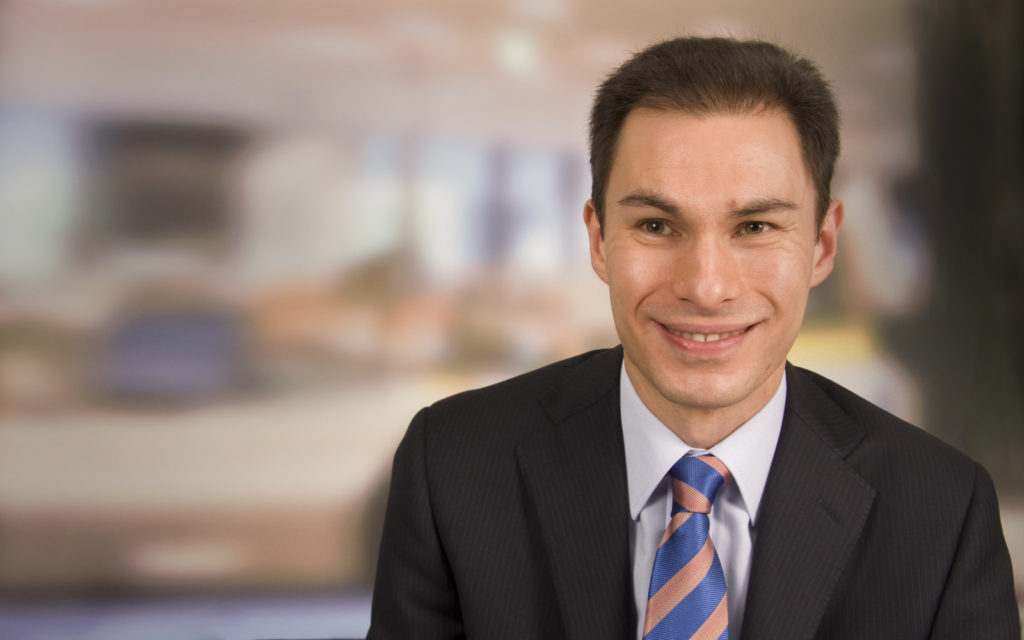
Jon Ma joined the Concern Australia Board in 2018. With former Board Chair David Eldridge stepping down from the Board, Jon has taken on this important role. We sat down with Jon to ask a few questions about his experience, background, and why he’s passionate about Concern Australia’s work.
Can you tell us a bit about yourself and your life journey?
I grew up in the UK. My dad was a refugee and we lived in an area of London that is fashionable today but wasn’t back then! As an older child I got a scholarship to a top school, and it was literally from one end of the privilege spectrum to the other. Same child, same family, different opportunities – it was a real eye-opener to realise what a difference that makes. These days I live in Melbourne with my wife and two boys, after moving here 20 years ago.
How have the themes of faith and social justice woven into your story?
My family and I are part of a fantastic church here in Melbourne, and Christian faith is the central theme of my story. God has always taken the side of the poor and marginalised, and for me social justice is an integral part of what it means to live as a Christian in society.
Tell us about your professional experience?
I work as a management consultant, specialising in business strategy. I love the variety and challenge – every organisation I work with is different, and it’s about helping each one work out how to make a distinctive, successful and lasting impact
What attracted you to being on the Board for Concern Australia?
Concern Australia stands out as an organisation that is willing to work with young people who have little other support. Through the generosity and faithfulness of our wonderful supporters, we can genuinely view the needs and potential of the people we work with, and are able to help many that others shy away from. It is great working with a Board that brings together so much wisdom and has such a good dynamic, and such skilled and devoted staff and volunteers.
What are some of the unique strengths and specialities that Concern Australia brings to working with children and young people?
Our people genuinely care. That sounds obvious, but I have seen how hard it can be for organisations to try and balance professionalism with actually caring about people. Concern Australia actively seeks to work with those who have little other help, and values everyone as an individual.
What do you think the future holds for Concern Australia?
I see more and more need for Concern Australia’s work as our society becomes more unequal, and more children and young people get left behind. The evidence is very strong for the outcomes our programs help people achieve; I feel we have a responsibility to grow our impact by focusing on the areas in which we can contribute most strongly and continually seek opportunities to make those contributions.
What are some of the challenges Concern Australia faces?
Although we make an impact that belies our size, we are a relatively small organisation in a society with big needs. Finding ways to concentrate our effort, and work alongside others whose mission is complementary to ours, is one way for us to continue making a disproportionate contribution. We are a Christian organisation, and (with apologies to those who aren’t into religious metaphors) I believe it is amazing what God can do with five loaves and two fishes that are offered with an open heart.
What are some of the key issues facing children and young people in Australia?
There is so much pressure on children and young people today, from a very early age. And of course not everyone gets an equal start in life – the land of the fair go is a place that many of our young people can only dream of living in. Some cohorts in particular experience entrenched disadvantage, and as we enter a time of planning for the future of Concern Australia, we are also looking to who tomorrow’s disadvantaged groups will be.
What message of encouragement would you offer to Concern Australia’s Board, staff and volunteers?
We are blessed to have such talented and caring people working with us as volunteers, staff members and on our Board. Society often quantifies results in terms of ‘outcome measures’ or even cost-benefit figures; while they can be important I doubt that any of the children and young people who are part of our programs would see their value that way, and I love that we never lose sight of the person we are working with.

